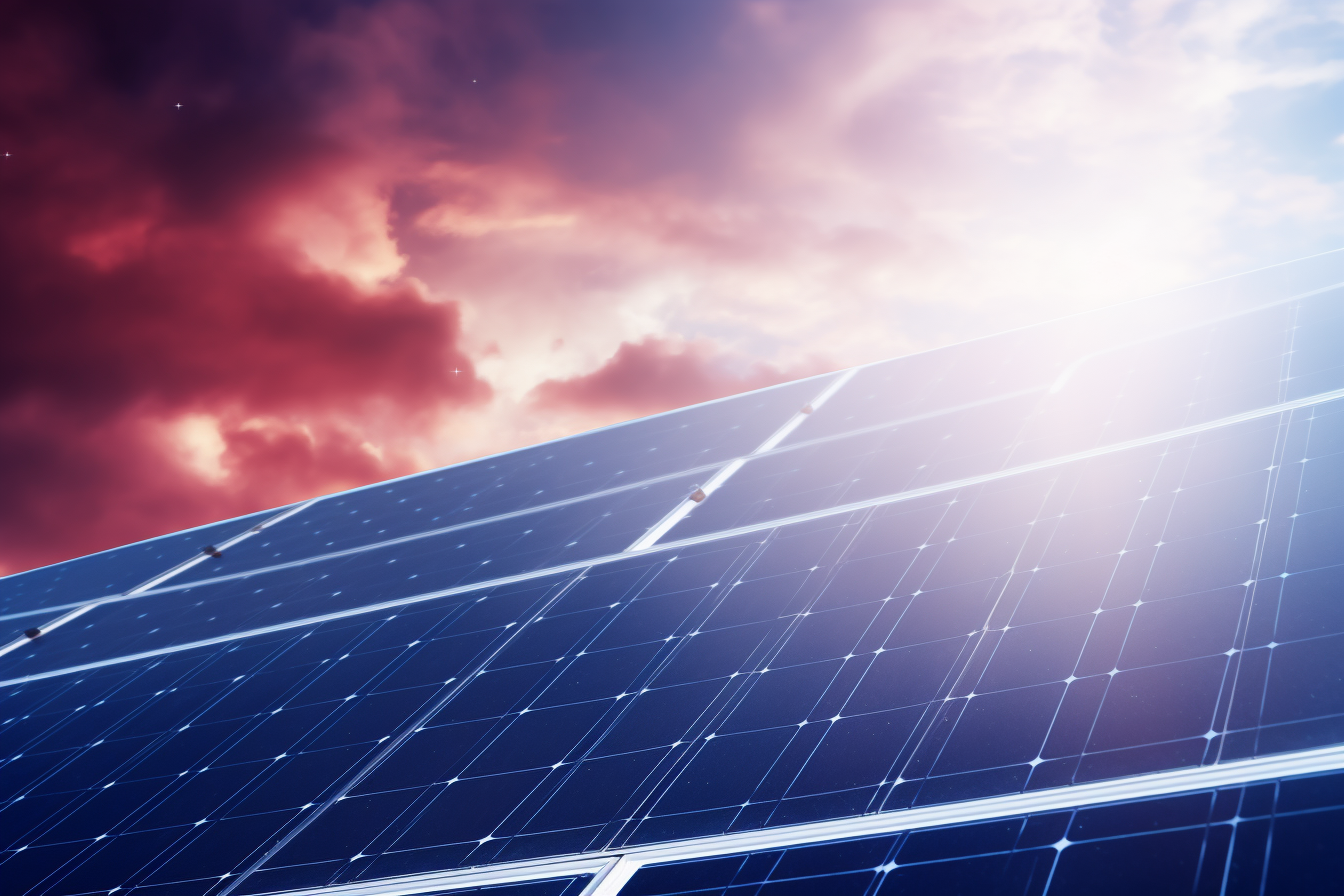Geopolitics and the De-Risking of Trade
A key factor that policy often overlooks is substitutability. Almost every raw material has substitutes. A combination of substitution and some stock piling would be sufficient to de-risk the supply of raw materials to a large extent.

Trade policy used to be about fostering trade by negotiating reciprocal market opening measures. But trade always implies also a mutual dependency as both sides benefit.
In era characterised by much more acute geopolitical conflicts this has led to a sea change in the outlook of policy makers who no longer focus on the opportunities, but the risks; in particular the risk of supply disruptions. The President of the European Commission, Ursula von der Leyen, has thus recently proposed a strategy to ‘de-risk’ trade.
Unfortunately, the discussion about de-risking trade is often conducted in general terms without taking into account that different cases pose very different risks.
First of all, one needs to make a clear distinction between inputs that are required to allow the economy to continue working (e.g. raw materials like natural or minerals) and other inputs which are necessary to build up future production capacity (e.g. solar panels).
Minerals in general have one relatively straightforward solution: strategic stockpiles. Minerals are generally easy to store and can be sold at any time. This implies that the cost of a strategic stock pile is only the interest on the amount initially invested.
The cost of storing even one year’s worth of consumption is thus very low. Rare earth minerals constitute a good example. The value of annual EU imports amounted to only 120 million (not billion) in 2021. At current interest rates, the cost of maintaining a large stockpile would thus be less than 15 million annually (three years stockpile requiring 360 million and interest charges at 4 %).
Natural gas is a different case because the cost of storing it is much higher. The gas crisis of 2022 appeared so threatening because existing storage in the EU had been allowed to run down and because it would anyway last only about 3-4 months. But even this limited amount proved invaluable during the last winter season, with the result that Russia lost the ‘energy war’.
A key factor that policy often overlooks is substitutability. Almost every raw material has substitutes. For natural gas this was oil in industrial uses or coal in power generation. For rare earth it might be some other metal combination.
The alternatives are usually somewhat costlier (this is the reason they are not normally used), but some substitution is always possible.
This was apparent in Europe over the last year as industry used 15-20 % less gas without lowering overall production. As a result, the price which peaked initially when the shortage was most acute has now fallen back to a level below the start of the start of the war.
Something similar happened when China embargoed exports of rare earths to Japan in 2010/11 following an incident involving a Chinese fisher boat in disputed waters. The price went up initially 5-fold, but then fell rapidly back to its original level.
One general conclusion is that a combination of substitution and some stock piling would be sufficient to de-risk the supply of raw materials to a large extent.

The value of annual EU imports of rare earth minerals amounted to only 120 million (not billion) in 2021
Should the EU limit solar panel imports from China?
Investment goods represent a different case. One emblematic product in this respect is solar panels, whose production is dominated by China, leading to calls to reduce Europe’s import dependency.
The Commission has thus recently announced a European Solar Alliance, which is supposed to start a “Made in Europe” solar value chain. The headline target is to increase European production by a factor of 6 in only two years in order to reduce the dependency on China.
What is the risk in this domain? China is known for using trade restrictions to exert political pressure on other countries, especially when they are considered to interfere in China’s domestic affairs.
But what would happen if the Chinese authorities imposed a ban on exports of solar panels to Europe?
The European economy would not be much affected because solar panels are not input in current production. The existing photovoltaic power plants would continue to provide electrical power at zero cost.
The only impact of a Chinese export ban would be slow down, at least temporarily, the expansion of renewables in Europe. But this slowdown would not hurt so much Europe as the global community - including China - because European emissions would be slightly higher than otherwise. A Chinese export ban on solar panels would thus impose only a small cost on Europe while harming China itself.
Moreover, the cost of insuring against this potential risk by substituting a large fraction of cheap imports of solar panels with domestic production would be considerable. Recent estimates of the production costs suggest that European supplies would cost about 35 % more than imports from China.
In 2021 EU imports of solar panels amounted to about € 11 billion, which is likely to have risen substantially in 2022. The extra cost of producing all of them in Europe would likely be more than € 4 billion annually, and be increasing over time.
More than 10 years ago the EU imposed anti-dumping duties on imports of solar panels from China but this policy was quickly reversed when its costs became apparent and China threatened to retaliate.
This episode illustrates that it would anyway be difficult for the EU to find a way to limit imports of solar panels from China without infringing global trade rules, the very rules that the EU wants to defend to maintain an open and rules-based global trading system.

It would be difficult for the EU to find a way to limit imports of solar panels from China without infringing global trade rules, the very rules that the EU wants to defend
In the official presentation of the European Solar Alliance there is no indication how its ambitious production goals could be achieved, except a hint that public procurement rules could be bent to favour European producers even if they are not cost-competitive. But this would also not be compatible with WTO.
In the case of solar panels, it might thus be much better not to subsidize domestic production but to dedicate the savings from cheap imports to finance research on the next generation of panels, batteries, or other key elements of the green transition.
The EU, and other countries, should be careful in their drive to de-risk trade. It pays to look for the least cost approach even when geo-political considerations dominate.
Adapted from A Better Approach to De-Risking Trade, Project Syndicate, April 11, 2023. Daniel Gros also published a letter in the Financial Times with these calculations which FT columnist Martin Sandbu quoted in his Free Lunch newsletter.
IEP@BU does not express opinions of its own. The opinions expressed in this publication are those of the authors. Any errors or omissions are the responsibility of the authors.
